Employees often engage in work-related tasks outside their regular schedules — answering client calls after hours, checking emails over the weekend or eating lunch at their desks while working. Under the Fair Labor Standards Act, these activities are considered paid work time. Employers must track and compensate all hours worked, whether performed at the workplace or remotely.
Short breaks, typically lasting less than 20 minutes, must also be paid. However, unpaid meal breaks are different. These generally last at least 30 minutes and require employees to be fully relieved of their duties. As noted above, if an employee is expected to perform any work during their meal period, even answering a quick email, the entire break becomes paid time.
Understanding federal and state regulations
While the FLSA does not require employers to provide coffee or lunch breaks, if breaks are offered, they must follow the federal regulations outlined above. However, many states go beyond federal law, setting stricter rules on break lengths and compensation. For example:
- Minnesota requires unpaid meal breaks for shifts longer than eight hours, but any break under 20 minutes must be paid.
- Nebraska mandates a 30-minute rest break for certain industries during an eight-hour shift.
- Oklahoma provides for a one-hour unpaid meal break when employees work more than eight consecutive hours.
- Vermont ensures workers have “reasonable opportunities” to eat and use the bathroom, with short breaks under 20 minutes being paid.
State laws vary widely, and businesses operating in multiple states must ensure compliance with each state’s requirements, including rules for remote employees.
What employers can and can’t do
In states where meal breaks are mandatory, employees generally cannot waive their unpaid break to continue working. If an employer allows or encourages this, they may face legal consequences. Additionally, union agreements often include negotiated break provisions, which employers must honor regardless of state law.
Employers should avoid automatic meal break deductions from work hours, as this can lead to underpayment and potential lawsuits. Workers who are interrupted during their meal break due to staffing shortages or emergencies must be paid for that time. If employees are expected to be available during a break, such as ambulance workers on call, that time is considered paid work.
Failing to comply with break laws can result in fines and legal penalties along with the need to pay people retroactively. Employers should regularly review their break policies, ensure accurate recordkeeping and consult legal experts when necessary to stay compliant.
©2025


